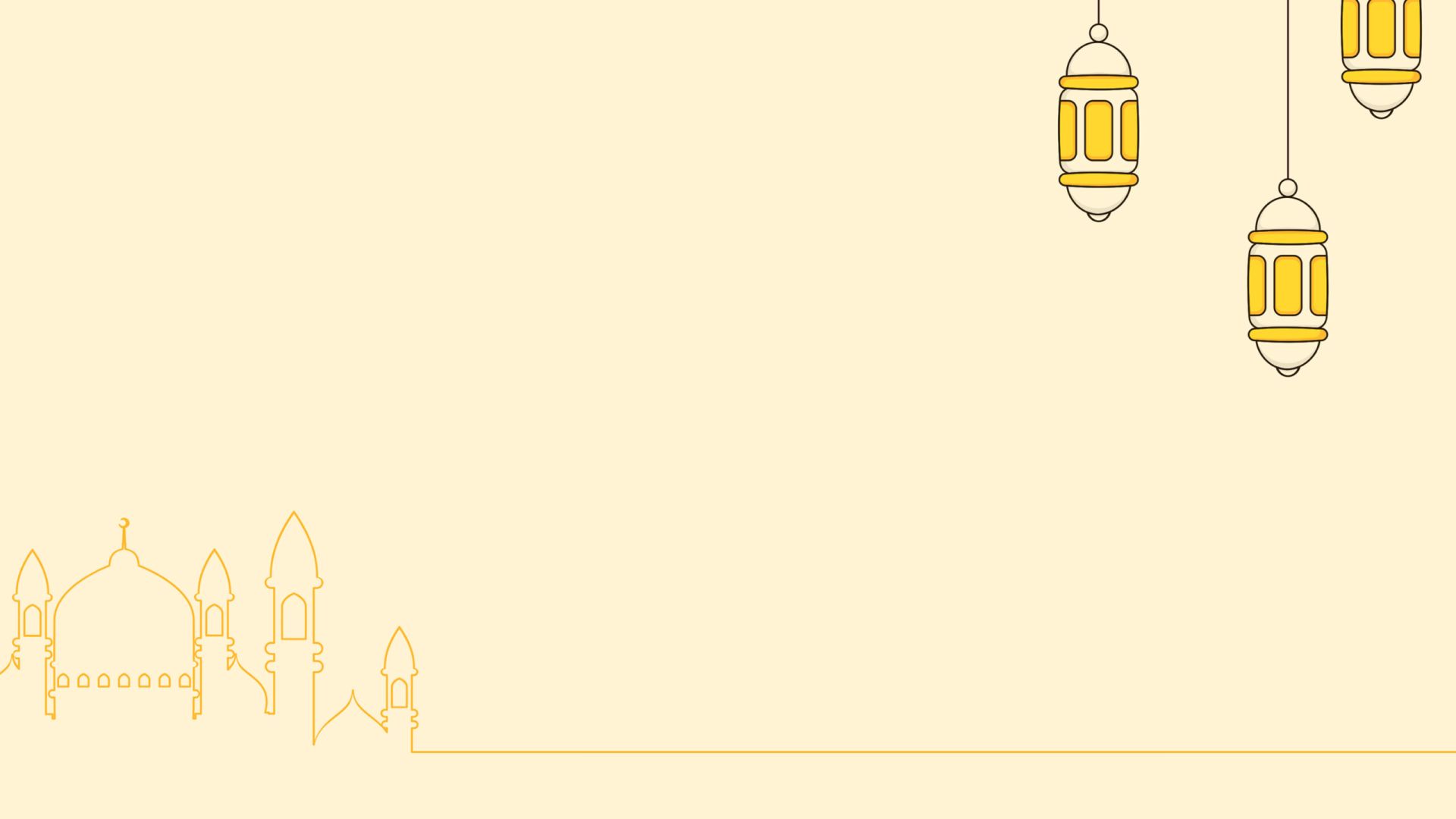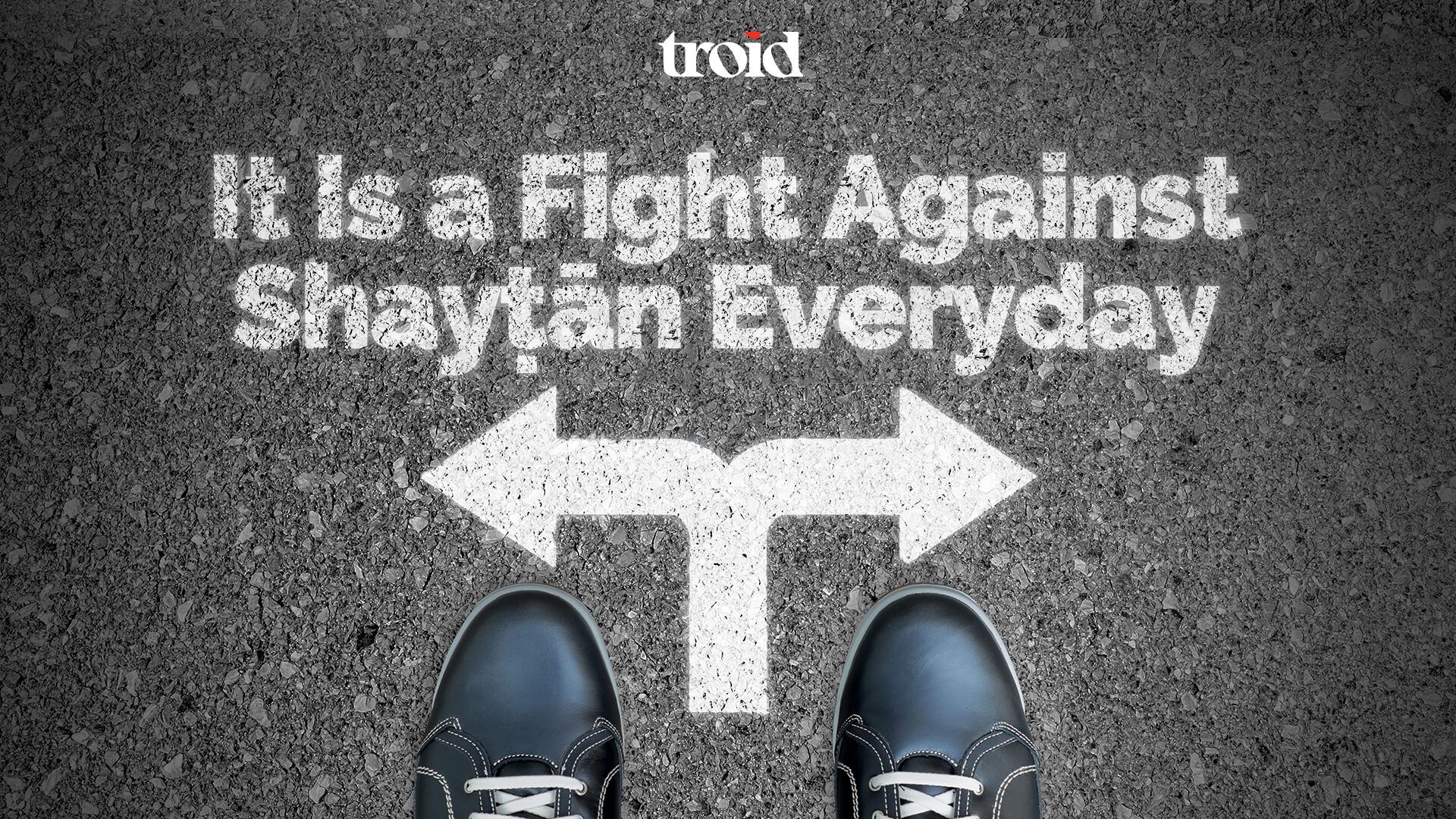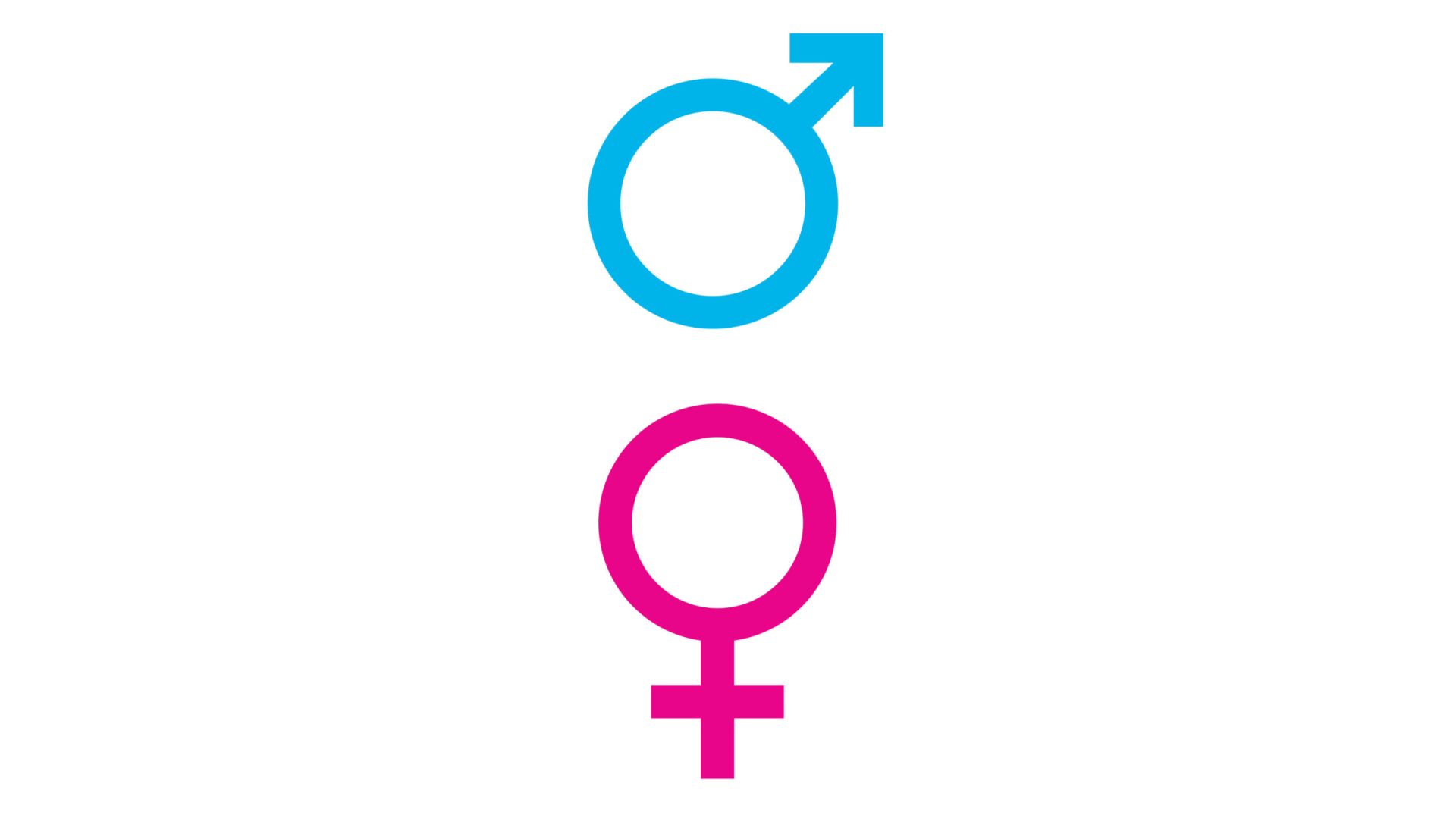Allāh’s Rising over His Throne


The Jahmiyyah are heretics, they think that He has not risen over His Throne.
Below is a translation of some points from ‘Khalq Afʿāl al-ʿĪbād’ of Imām Bukhārī, pp.13+, then following this are some points from al-Lālakāʿī’s work to do with the subject of istiwá (Allāh rising over His Throne)
… 6) Wahb ibn Jarīr said, ‘The Jahmiyyah are heretics, they think that He has not risen over His Throne.’
13) Ibn al-Mubārak said, ‘We do not say as the Jahmiyyah say that Allāh is on the earth, rather He has risen over His Throne.’
14) And it was said to him, ‘How should we know our Lord?’ He said, ‘Above the Heavens, over (ʿalá) His Throne ‘
29) Sufyān al-Thawrī was asked about the verse, “And He is with you wheresoever you are”. He said, ‘His Knowledge.’
64) Sadqa said, ‘I heard Sulaymān at-Taymī saying, ‘If I were asked, “Where is Allāh?” I would say, “Above (fī) the heaven”. And if it said, “Where was the Throne before the Heaven?” I would say, “Over the water.” And if it is said, “Where was the Throne before the water?” I would say, “I do not know.”‘
And Imām Bukhārī said, ‘And that (i.e. his answer) was because of the saying of Allāh, “And they cannot encompass anything of His Knowledge except what He wills.” i.e. Except what He explains.’
66) Muḥammad ibn Yusuf said (one of the teachers of Bukhārī), ‘the one who says that Allāh is not over (ʿalá) His Throne is a kāfir. And the one who thinks that Allāh did not speak to Moses is a kāfir.’
103) Ibn Masʿūd said about His saying, “Then He rose over His Throne”, – ‘The Throne is over the water, and Allāh is above (fawqa) the Throne, and He knows what you are upon.’
104) Qatāda said about His saying, “and He is Allāh in the Heaven and in the Earth” – ‘the One Who is worshipped in the heaven and in the earth.’
And now some points translated from ‘Sharḥ Uṣul Iʿtiqād’ of al-Lālakāʿī:
660) ʿAdullāh ibn ʿAbbās said, ‘Verily Allāh was above His Throne before He created anything, then He created the creation and decreed what was to exist until the Day of Judgment’ (pg.396).
662) Bashr ibn ʿUmar said, ‘I heard more then one of the Mufassir say about the verse, “The Most Merciful istawá upon the Throne” – istiwá means rose above’ (pg.397).
665) Rabīʿ (one of the teachers of Mālik) was asked about the verse, “The Most Merciful rose over His Throne” – ‘How did He rise?’ He replied, ‘Al-istiwá (rising) is known, and the how is not comprehensible, and from Allāh is the message, and upon the Messenger is the preaching, and upon us is believing’ (pg.397).
670) Maqātil ibn Huyān said about His saying, “and there is no secret discourse of 3 people except He is the fourth, or of 5 people and He is the sixth” – ‘He is above His Throne, and nothing is hidden from His knowledge.’ (pg.400)
673) Imām Aḥmad was asked, ‘Allāh is above the seventh heaven, above His Throne because that is from His creation, and His power and knowledge are in every place?’ And he replied, ‘yes, above the Throne and His knowledge is in every place.’ (pg.401)
675) Imām Aḥmad was asked about the verse, “and He is with you wheresoever you are”, and the verse, “there is no secret discourse of 3 people except that he is the fourth..” – and he said, ‘ (meaning) His Knowledge, He is the Knower of the seen and the unseen, His knowledge encompasses everything, and our Lord is above the Throne without setting limits and giving a description, and His Kursi is as the expanse of the heavens and the earth with His Knowledge’ (pg.402).
Imām ʿAbdullāh ibn Aḥmad said, ‘I bear witness that You are above Your Throne above the seven heavens. And this is not as the enemies of Allāh say, the heretics’ (Sharḥ al-Sunnah of Imām ʿAbdullāh).
He also said, ‘we know that our Lord is above the seven heavens over the Throne, and we do not say as the Jahmiyyah say that he is here,’ and he pointed with his hand to the earth. (Sharḥ al-Sunnah)
And Verily Allāh Knows Best.







